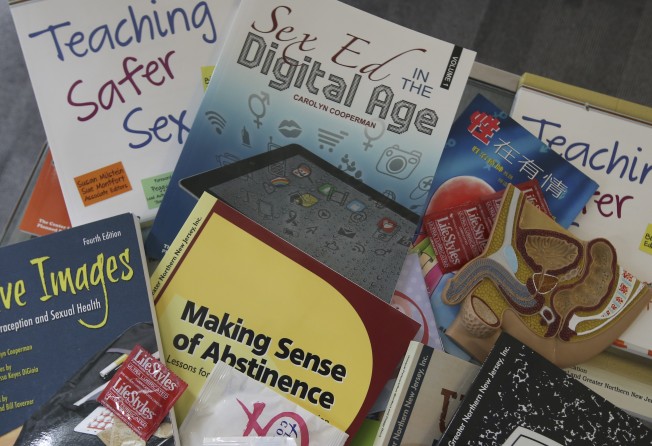Hong Kong parents need to play a part in sex education for their children

With the new school year now under way, some parents will be asking themselves if they have said enough to their children about sex. They will wonder if their child has enough information to keep themselves safe, and how they should broach issues like sexuality and transgender identity.
Today’s mobile phones supply clear pictures. Young teens have been exposed to more graphics on sex positions and notions of sexuality than most adults can imagine. Children question what they have seen, and many would welcome a real conversation with a caring adult.
Moreover, newspaper and magazine articles suggest that parents should be taking increased responsibility for talking with their children about matters relating to sex and sexuality. Few parents have had much guidance on how to start these conversations. This is a difficult situation for them.
One way to begin is to find a quiet time when the parent and child will not be interrupted. Parents should ask their children if they have ever been touched by someone in a way that made them uncomfortable; or if they know how a teenage girl can become pregnant.
They need to explain to their children that, these days, there are many changing notions of what is right or not right about sexual behaviour.
They might find their child is surprised that they are interested in talking openly about such topics, but with the right approach they can get to a deeper level of trust and care in communication. And they should be patient and limit the conversation to one topic at a time.
With so much information out there and misunderstandings about sex and sexuality, it is almost impossible for parents to accommodate all issues in just one conversation.
Today’s society is seeing laws on same-sex marriage being debated, and public bathrooms may become gender-free, issues which adolescents may want to talk about. They might even want to tell their parents about a transgender classmate.
As government policies and news broadcasts include items on sex and sexuality, it is time to include teenagers in vital conversations on these public issues.
Rosann Santora Kao, counsellor, the Harbour School